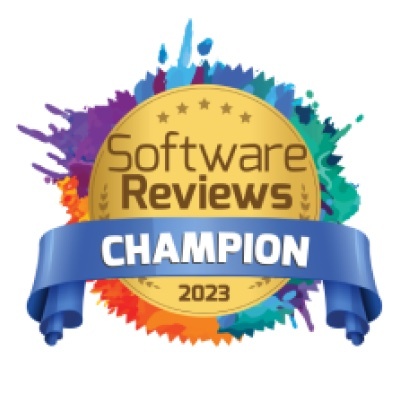A data catalog provides consumers (typically developers, database analysts, BI professionals, and data scientists) with information about the various data assets available within a given organization. It can be thought of as a way to inventory, map, and classify the data.
The data that can be discovered in a data catalog can drive a digital transformation, or it can allow any users to access and leverage the data. It can enhance almost every area of an organization to find and classify data at scale.
In a Gartner report, it is noted, “Demand for data catalogs is soaring as organizations struggle to inventory distributed data assets to facilitate data monetization and conform to regulations. Data catalog projects will fall short of their full potential if data and analytics leaders don’t link them to broader data management needs.”
The information an enterprise data catalog contains can include:
– Identity of the individual, group, or department that owns or administers the data asset
– Status of the asset
-Is it still in production use?
-Is it a legacy data asset that is kept only for historical purposes?
– Technical information about the asset
-Base tables
-Views
-Indexes
– The lineage, or where the data in that asset comes from
-Transactional data from one or more applications
-Sensor data from industrial machinery
-Video data from security cameras, etc.
– Where the data asset resides
-File server
-Database server
-Desktop workstation
-Magnetic/optical media, etc.
Is your organization Octopied?
With effortless onboarding and no implementation costs, Octopai’s data intelligence platform gives you unprecedented visibility and trust into the most complex data environments.


